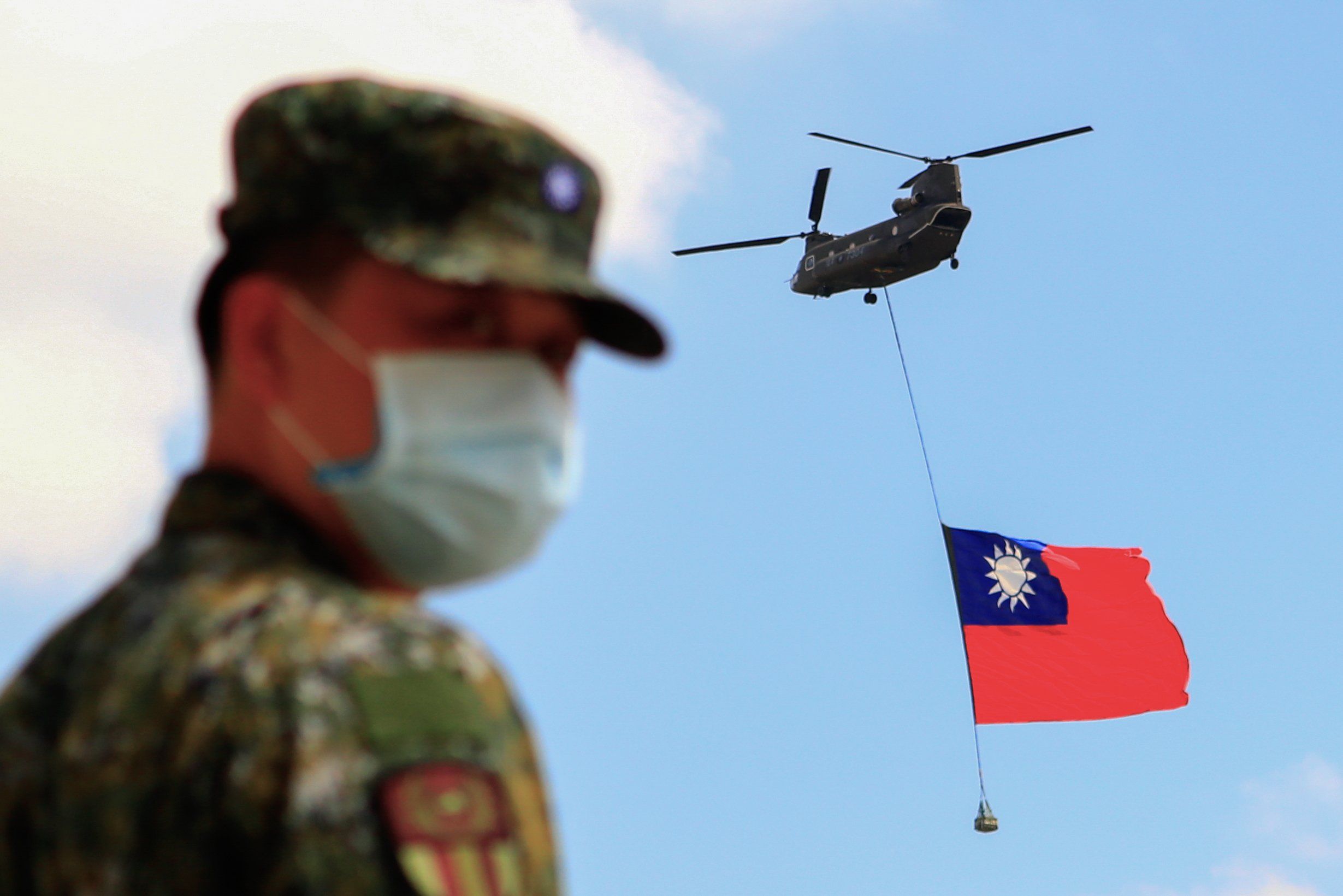As Taiwan’s election season gets into swing, China is attempting to use its economic clout to swing the vote away from the ruling, independence-minded Democratic Progressive Party and toward the more Beijing-friendly Kuomintang.
The background: Beijing insists that self-governing Taiwan is part of China, and Chinese President Xi Jinping has pledged to “reunite” the island with the mainland, by force if necessary.
On Tuesday, China announced a plan for “integrated development” with Taiwan, which Chinese state media hailed as a step toward peaceful reconciliation. Meanwhile, in a less peaceful signal,Beijing deploying a carrier strike group off the island’s southern tip.
It’s a carrot and stick dynamic the world ought to get used to as Beijing attempts to frame the Taiwanese election as a choice between economic and political tensions with China under the DPP, or prosperous and peaceful cross-strait relations under the KMT.
The carrot: China’s new proposals would allow citizens of Taiwan to work and live in Fujian, a province with strong cultural ties to Taipei, and allow them to access government services there. The plan would also “pair” the mainland cities of Xiamen and Fuzhou with the Taiwanese-controlled islets of Kinmen and Matsu, and encourage Taiwanese to buy property in Fujian.
Rick Waters, formerly the U.S. State Department’s top China policy official and now a managing director at Eurasia Group, said Beijing’s proposal will likely backfire, as it will remind voters of how Beijing recently diluted Hong Kong’s autonomy by grouping it together with several other mainland cities.
“In Taiwan’s elections, that won't sell well,” Waters wrote in a text interview.
The stick: In addition to those aircraft carriers, Beijing also recently announced an investigation of the Economic Cooperation Framework Agreement, a free trade agreement that gives certain privileges to Taiwan. When it was originally signed under KMT president Ma Ying-jeou, it was seen as an important step towards integrating the economies of China and Taiwan.
The investigation, which could result in revision of the agreement, is due to wrap up in January, just after the election. Waters says the timing sends a clear signal: if voters back pro-independence candidates, they could lose mainland market access — but he doubts Beijing’s gambit will pay off as Taiwanese voters have had a front-row seat as Beijing has crushed Hong Kong’s democracy and economic independence, formal guarantees of autonomy be damned.
“For now,” says Waters, “the mainland is exhausting the options short of an invasion, no matter how unlikely they are to succeed.
